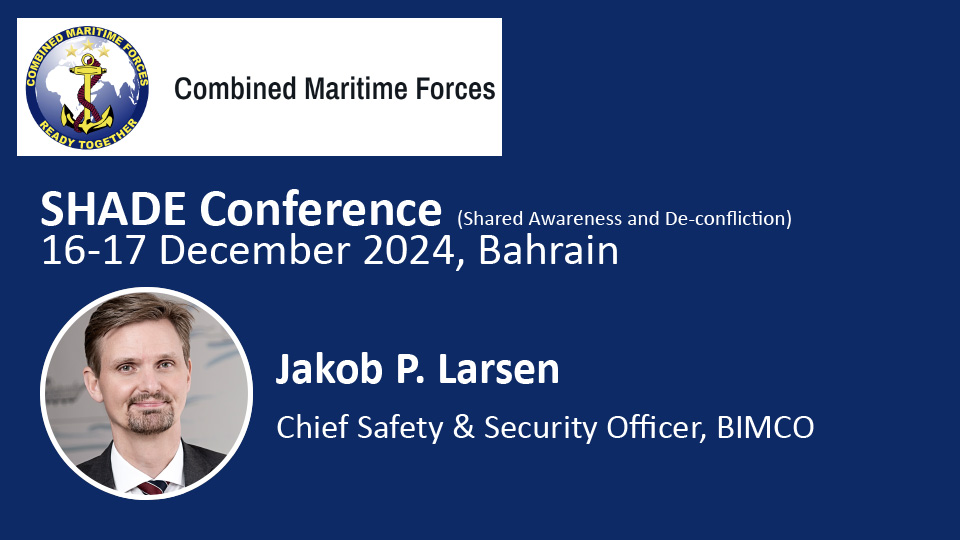Nigerian navy bans embarked security teams
Overview
In his briefing, the Admiral expanded on the steps taken by the Nigerian Navy to effectively police its waters; they have started to station floating operating bases in the Delta and, coupled with a new monitoring process supplied by the US Navy, are able to interdict pirates at a very early stage.
The main briefing point was that the Nigerian Navy only permit Nigerian Navy personnel and arms to be embarked on security vessels/patrol boats that belong to the private company holding the official Memorandum of Understanding (MoU) with the Nigerian Navy. These vessels must be owned by the MoU holder and must meet the terms of the MoU, i.e. they must be inspected and approved by the Nigerian Navy, they must have the ability to carry a deck mounted weapon system, they must be logistically sustained and maintained by the MoU holder and they must be made available to the Nigerian Navy to support them in times of national emergency etc.
They wished to be explicit and make it crystal clear that armed guards are no longer allowed on board merchant vessels, i.e. tankers, cargo vessels, bulk carriers etc. This rule applies to anyone carrying a firearm, whether from the Navy, police or any other agency civilian or military. They warned that any vessel found with armed guards on board would be detained and if the guards were from the Navy, then they would face sanctions.
To provide security in Nigerian waters, the Nigerian Navy has entered into MoUs with private security companies to supply armed escort vessels. These escort vessels are painted in Nigerian Navy colours, have a Nigerian Navy designation and will be crewed by and under the command of the Navy. Civilian contractors would be on board to assist in maintenance and other general duties. Approximately 20 such companies are now operating under MoUs covering such deployments. The escort vessels must carry much heavier weapons than can be carried by a mariner and so they afford greater protection. This change follows on from at least seven incidents where teams of four armed guards have been outgunned and overpowered by pirates.
It should be noted that it was stressed on several occasions that no private security company has the right to place armed guards on board merchant vessels. If any Member is approached by a company stating that they can, then the documentation supporting this should be reviewed very closely and liaison sought with BIMCO or INTERTANKO on this matter. At that point, work with the Nigerian Navy to authenticate any such documentation can take place, which, in truth, should not exist.
Feedback or a question about this information?
VPS Bunker Alerts
Veritas Petroleum Services (VPS) publish regular Bunker Alerts based entirely on fuel samples and have kindly permitted BIMCO’s Members to access this information.
The Bunker Alerts are not intended to be an evaluation of overall bunker quality in the port or area concerned, but usually highlight a specific parameter within the fuel which has raised a quality issue.
Latest ice reports for members
Latest piracy reports
Latest industry releasable threats
ELSEWHERE ON BIMCO
Contracts & Clauses
All of BIMCO's most widely used contracts and clauses as well as advice on managing charters and business partners.
Learn about your cargo
For general guidance and information on cargo-related queries.
BIMCO Publications
Want to buy or download a BIMCO publication? Use the link to get access to the ballast water management guide, the ship master’s security manual and many other publications.
About a new business partner
We can help members check new business partners. We also help to recover millions of USD (undisputed) funds every year.





